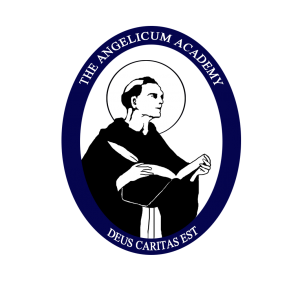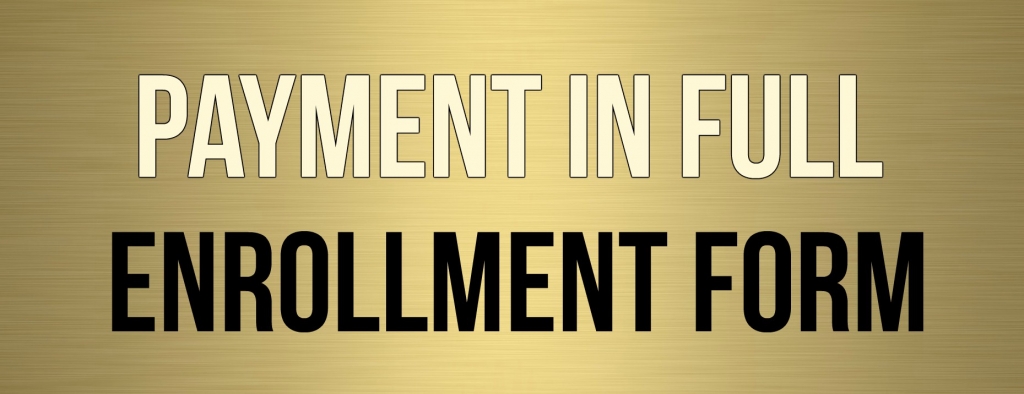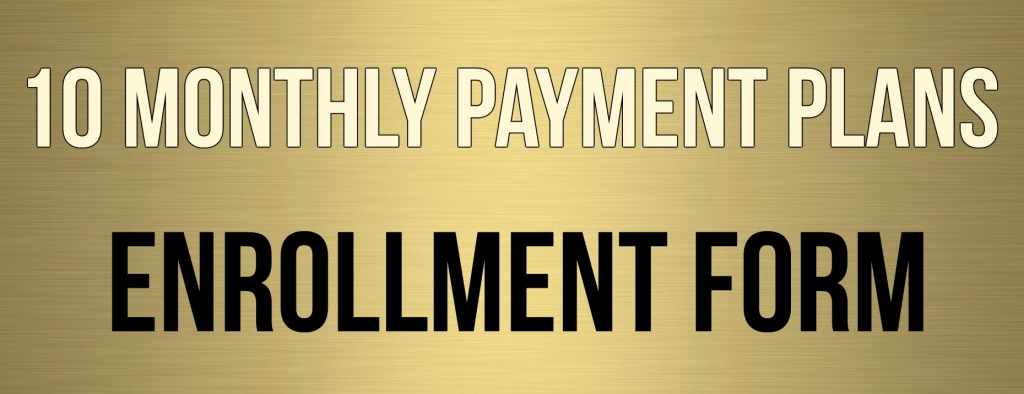Ethics: Drama of the Moral Life by Prof. Piotr Jaroszynski
The study of the nature of moral choices has been with us as far back as our historical memory and religious traditions can reach. We have inherited the foundations of that study from such great philosophers and pillars of Western culture as Plato, Aristotle, Saint Augustine and Saint Thomas Aquinas. This course draws on this rich tradition and provides a new and profound look at those aspects of human moral conduct which are both obvious and true. Topics include: Good and End: The Object of Human Acts; The Hierarchy of the Good; The Moral Being—The Decision; The Mode of Human Conduct—Areteology (virtue ethics). This course studies the virtues of Prudence, Temperance, Fortitude and Justice (Legal, Commutative and Distributive), as well as the interconnection of the virtues and the theory of natural law (Do Good!). This course will utilize Ethics: The Drama of the Moral Life by Piotr Jaroszynski, a student of St. John Paul II, who praised the work.
Socratic Logic by Peter Kreeft
Most of us are not trained to think critically. We are taught to read, write, and do arithmetic in grade school and these are necessary for thinking in a critical way. But they do not themselves constitute critical thinking. In middle school and high school, we are taught a fair number of facts and, if we do a lot of math and science, some methods of thinking. But cramming our heads full of facts is not an education in how to think logically, much less an education in critical thinking. Rather, having a lot of facts in our heads provides us with the material that is thought about either clearly or unclearly, either logically or illogically, either critically or uncritically. We are also taught about expressing ourselves in writing. However, expressing ourselves is consistent with expressing ourselves in an illogical and disorderly manner, and the sad truth is that many of us express ourselves in an illogical and disorderly manner.
While we cannot engage in critical thinking without being able to think in an orderly manner, orderly thinking is not in itself all there is to critical thinking. After all, we can think in an orderly manner and do so without being the least bit critical. A person who can recite the rules and regulations of Robert’s Rules of Order is thinking in an orderly way without being at all critical. So, just as critical thinking is more than deliberation and more than reflection, so too is it more than orderly thinking. To get from orderly thinking to critical thinking we must add, as the definition of critical thinking above suggests, the ability to recognize, classify, analyze and construct arguments. That is what critical thinking is. Since most of us have never engaged in this kind of thinking, we need to study what it is.
This course utilizes the only complete system of classical Aristotelian logic text in print: Socratic Logic: Socratic Method, Platonic Questions, and Aristotelian Principles. The “old logic” is still the natural logic of the four language arts (reading, writing, speaking, and listening). Its exercises expose students to many classical quotations, and additional chapters introduce philosophical issues in a Socratic (focused conversational inquiring) manner and from a commonsense, realistic point of view. This course is aimed, not only at building a strong foundation in logic, but at learning how to apply logic through critical thinking: the cognitive ability to recognize, classify, analyze, and construct arguments. The appropriate goal is not to become an argumentative bully; it is, rather, to combine critical thinking abilities with compassion, kindness, and reflection in a way that is beneficial to ourselves, our intimates, and all those with whom we come in contact.
Enrollment Tuition Chart
2024-2025Annual Tuition 10 Monthly Payments Annual Tuition with Payment in Full 5% Discount* *Annual Tuition for Siblings* and Schools/Co-ops (20% Discount) *10 Payments
w/Family 20% DiscountPayment in Full (5% Discount) with Family 20% Discount Homeschool Program Grades Nursery-K $60 N/A N/A $48 N/A N/A Grades 1st-12th $300 N/A N/A $240 N/A N/A Live, Online Courses $595 $59 $565 $476 $47 $452 Greats Honors Program** $995 $99 $945 $796 $79 $756 Great Books Program^ High School Track $1645 $164 $1562 $1316 $131 $1250 AA Degree Bundle*[i] $3975 $397 $3776 N/A N/A N/A College Credit & AA/BA Degree Track* $2999 $299 $2849 N/A N/A N/A CDU & Theology Online 3-Credit College Courses($225 per Credit)* $675 $67.50 N/A N/A N/A N/A Some of the figures above vary a little due to rounding.
* Our family discount is 20% off the full tuition price for siblings after the first sibling. It is applicable to all siblings after the first is enrolled. The “first” sibling refers to the highest-tuition sibling (usually the oldest). If you have not enrolled the first highest tuition paying student yet, please do so. Then complete additional forms for other students from the same family. Be sure to fill in the discount code at the bottom of the form to apply the discount after checking "Yes" here. There is no family discount for the College Credit Options. Our family discount is 20% off the full tuition price for siblings after the first sibling. It is applicable to all siblings after the first is enrolled. The “first” sibling refers to the highest-tuition sibling (usually the oldest). If you have not enrolled the first highest tuition paying student yet, please do so. Then complete additional forms for other students from the same family. Be sure to fill in the discount code at the bottom of the form to apply the discount after checking "Yes" here. There is no family discount for the College Credit Options.
** The Greats Honors Program does not include the Great Books Program. The 4 Didache religion online courses (linked to the provider: My Catholic Faith Delivered) are about $30 each - however no books are required. The Ethics of Aristotle is not online streaming, so must be downloaded for about $10 directly from Great Courses (we provide instructions on how to download it) - however no book is required. These latter two items (Didache and Ethics) are part of the Greats Honors Program, but had to be handled in this way due to their different availability.
^ If I complete the A.A. courses in less than four years does the tuition change? Yes. It is less overall that way, but more per year. For details see HERE
[i] Theology Online courses are included in the HACS AA Degree Bundle but not the CDU AA Degree Bundle nor in the College Credit & BA Degree Track.



